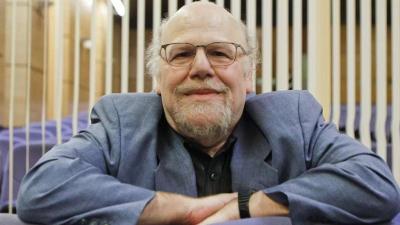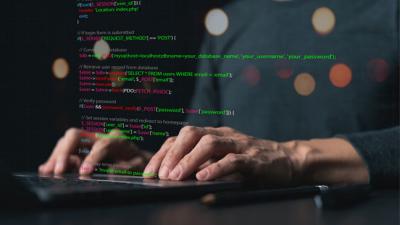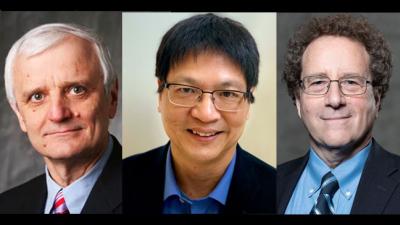The Rensselaer Center for Open Source (RCOS) and the Open Source Initiative (OSI) would like to announce the approval of RCOS as an associate member of the OSI. As the first student run organization to be accepted into the OSI, RCOS hopes to provide a roadmap for extending their unique approach to other undergraduate curricula in the furtherace of open source software models. In return, RCOS is excited to become associated with one of the most active proponents of open source software and looks forward to fruitful interactions with OSI and other OSI associates.
What is RCOS?
RCOS is a community of motivated RPI students who work on open source software under the guidance of experienced instructors and student mentors. The goal of RCOS is to provide a creative, intellectual and entrepreneurial outlet for students to develop and contribute to open source applications. Students also learn the value of open source software and how to be a successful member of the open source community. Over the course of 10 years, RCOS students have contributed to hundreds of open source projects and developed open source projects that have in total accumulated hundreds of thousands of users.
Students in RCOS can participate for experience, for course credit or can receive a small stipend for their project work. The RCOS student community is made up of Mentors and Mentees. Mentors, who must have previously been an RCOS student member, guide students that are new to RCOS, assist with technical problems and help projects organize and make meaningful contributions. An emphasis on student teaching encourages members to share their diverse knowledge and enables the community to solve difficult problems. The combination of peer-driven mentorship, an active technical community, and instructors with open source experience make the RCOS community an invaluable resource for students trying to further their education and professional skillset.
RCOS is supported through donations from organization like Red Hat and Microsoft, who beleive in the value of introducing undergraduate students to open source concepts, communities and practices.
See https://rcos.io for more details






